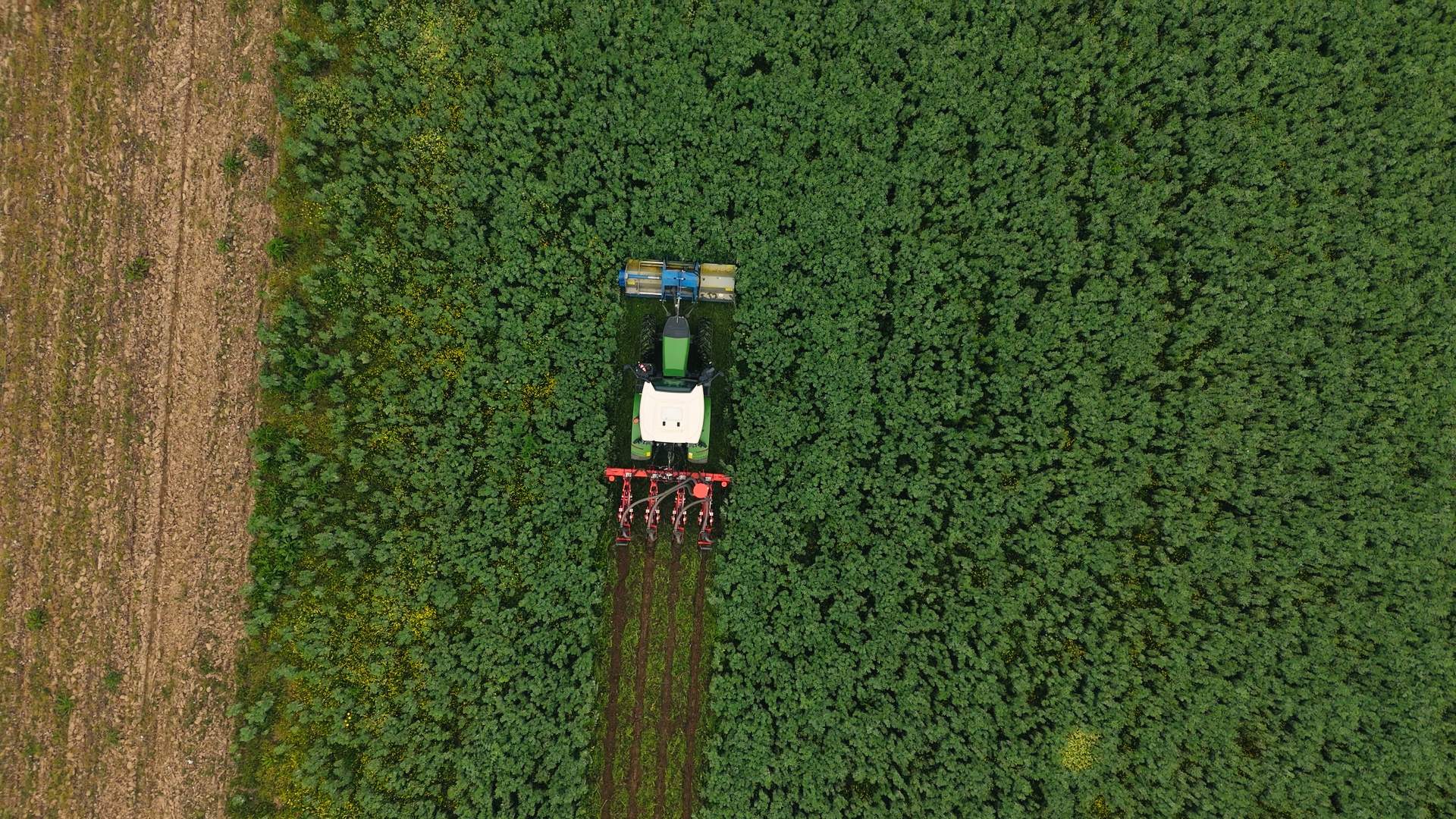The SpongeWorks project is entering a dynamic phase, with recent months bringing visible demonstrations, strong local engagement, and growing interest across Europe.
In Greece, a first-of-its-kind demonstration took place in the Thessaly region, where the TOEV Tavropou irrigation association—supported by SpongeWorks—introduced strip tillage using a specialized machine never before deployed in the country. The technique promises to reduce crop installation costs by up to two-thirds, and early feedback from farmers points to both curiosity and optimism.
Meanwhile in France, SpongeWorks partner SMIVAL shared their upcoming plans for the Lèze basin. Local farmers and authorities are preparing to implement a diverse set of sponge measures, from hedgerow planting and infiltration basins to low-till farming and livestock grazing—all aimed at tackling chronic issues like soil erosion and flooding, worsened by decades of landscape simplification.

Measures like swales have already been implemented in the Lèze valley, with good results.
In the Netherlands, urban resilience is taking shape in the Vecht basin, where Hardenberg Municipality is launching a “green bicycle route”. The route will integrate depaved surfaces, permeable parking spots, and greenery to boost sponge functioning in the city—offering a more natural experience for cyclists while contributing to SpongeWorks' landscape-scale goals.
Across the board, efforts are backed by data. Teams in Greece have begun extensive soil and water sampling to establish a baseline for measuring the long-term impact of sponge interventions.

The SWRI team collecting water samples from the Thessaly basin.
And new digital tools, like the Aquality app for nitrate testing, are making it easier for citizens to engage directly with the science.
These developments were featured in the latest SpongeWorks newsletter, curated by GWP-Med, the project partner leading communication and dissemination. GWP-Med works closely with all implementing partners to ensure that progress on the ground translates into shared knowledge, policy dialogue, and public awareness.
The momentum continues to grow: SpongeWorks will soon welcome eight new Associated Regions, selected from over 70 applicants, who will join the network and bring sponge measures to new local contexts across Europe.
